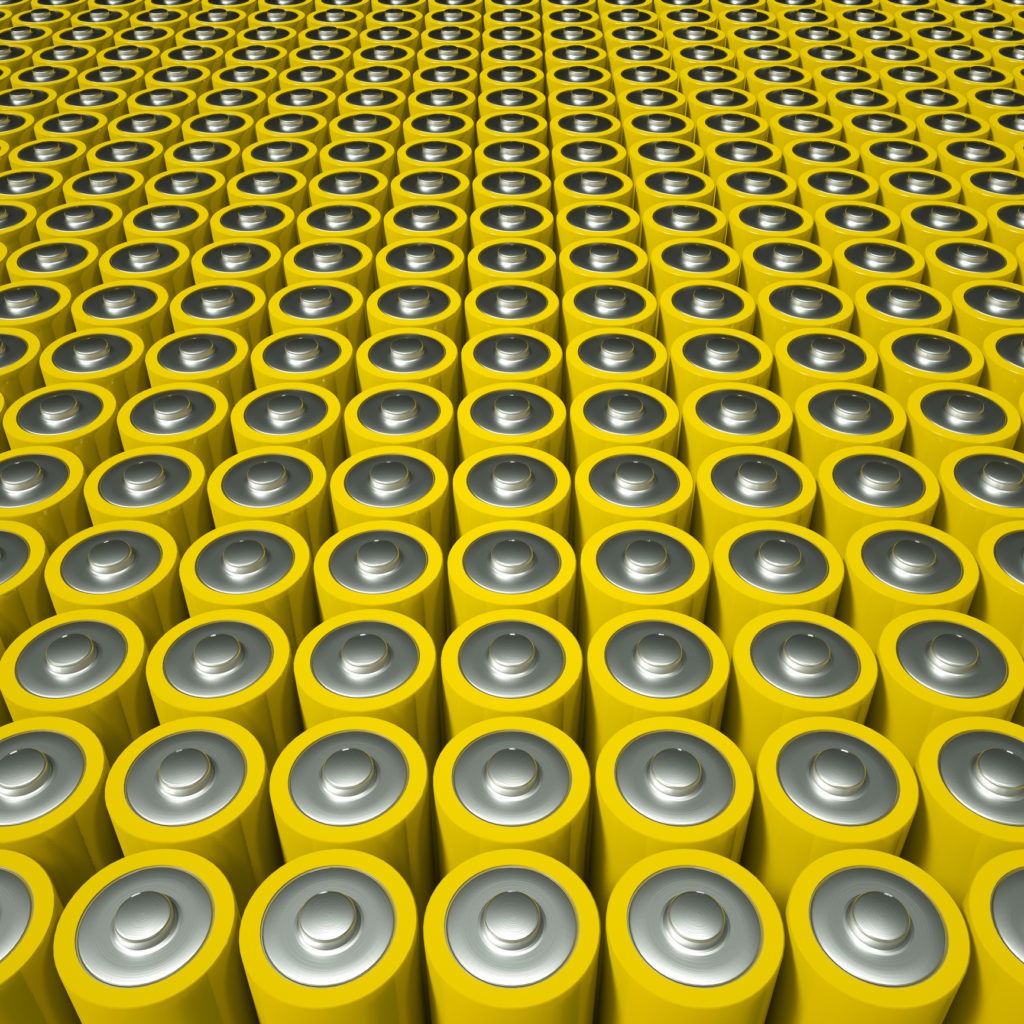Carmakers in push for European battery development
25 March 2019

25 March 2019
The Volkswagen Group (VW) and further European partners are joining forces to form the European Battery Union (EBU).
The new establishment will look to forge ahead with battery research throughout Europe and hopes to remove the reliance of continental manufacturers on Asian suppliers of electric vehicle (EV) technology. The new consortium is to be led by the Volkswagen Group and the Swedish battery producer Northvolt.
The joint research activities of the EBU will cover the entire battery value stream from raw materials through cell technology to recycling. The prime objective is to accumulate much broader know-how on battery cell production.
Partners from research and industry in seven EU member states are joining forces in the consortium. The comprehensive research collaboration will range from raw material production, cell technology, cell production processes and recycling. The research activities will also focus on the development and engineering of plant technologies allowing sustainable, climate-friendly and competitive battery cell production in the European Union.
All the partners will step up their investments as a result of the planned additional research activities. These investments could receive financial support from funding announced by the German Federal Ministry for Economic Affairs and Energy.
All the results of research work conducted by the EBU will be exchanged between all the partners across national borders. The joint research activities are to start at the beginning of 2020.
Northvolt said in February that it was able to generate half of the funding it requires to establish its first ′gigafactory’ in Europe and plans for more in the coming years. VW, meanwhile, is at the start of an assault on the EV market as it plans to launch 70 full-electric models over the next decade, meaning around 22 million EVs will be available.
Funding application
Meanwhile, BMW and battery manufacturer Varta have both applied for the German state funding aimed at cutting the country’s reliance on Asian battery businesses.
Germany has put aside €1 billion to support a consortium looking to produce EV battery cells and plans to fund a research facility to develop solid-state batteries, which are widely seen as the next logical step for the technology.
While BMW is seeking funds for research and development in the field of battery cells, this does not mean the company aims to produce them itself, a company spokesman said. The funding application would not necessarily lead to the automaker participating in a consortium.
Varta said it was planning to increase production of battery cells to over 60 million cells per year. The company said it was cooperating with European partners to advance European battery cell production.